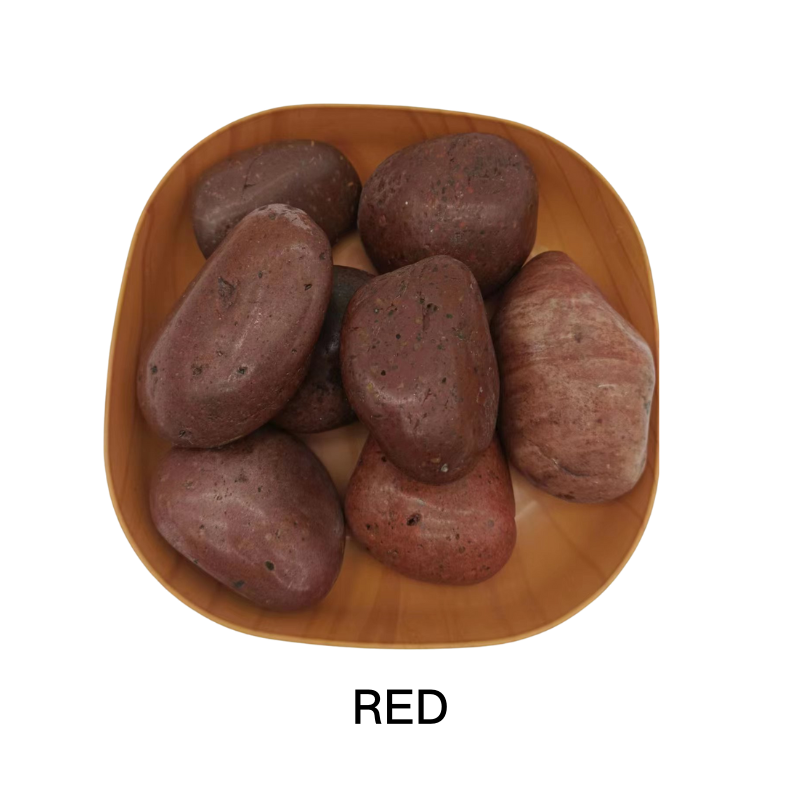
Production Facility for Ground Calcium Carbonate Materials and Applications
Ground Calcium Carbonate Factory An Overview
Ground Calcium Carbonate (GCC) is one of the most versatile and widely used industrial minerals. Its applications span various industries, including paper, plastics, paints, rubber, and pharmaceuticals. A ground calcium carbonate factory plays a crucial role in the production and processing of this valuable resource. This article provides an overview of a typical ground calcium carbonate factory, its processes, applications, and environmental considerations.
What is Ground Calcium Carbonate?
Ground calcium carbonate is a naturally occurring mineral found in the earth's crust, primarily in limestone and marble. It is composed of calcium, carbon, and oxygen (CaCO3). In its powdered form, GCC is produced by extensive crushing and grinding of these natural resources. The reduction of particle size enhances the mineral's reactivity and usability in various applications.
Production Process
The production of ground calcium carbonate involves several critical steps
1. Mining The first step is mining the raw limestone or marble. High-quality deposits are identified, and the material is extracted using environmentally responsible mining techniques to minimize ecological impact.
2. Crushing and Grinding Once extracted, the raw material is crushed into smaller pieces to facilitate the grinding process. This usually occurs in crushers, followed by milling operations that produce fine powder. The goal is to achieve a uniform particle size distribution required for specific applications.
3. Classification After grinding, the GCC is classified based on particle size. Air classifiers or sieves are commonly used to separate the ground material into different grades. The desired fineness depends on the application; for instance, finer grades are often required for coatings and plastics.
4. Surface Treatment To enhance the performance of GCC in certain applications, surface treatment processes may be applied. This includes hydrophobic treatment using organic compounds, which improve the mineral's compatibility with polymers.
5. Packaging and Distribution The final step involves packing the GCC into bags or bulk containers for distribution. Quality control is essential at every stage to ensure that the final product meets industry standards.
Applications of Ground Calcium Carbonate
ground calcium carbonate factory

Ground calcium carbonate is used across various industries due to its diverse properties
- Paper Industry GCC acts as a filler and coating agent in paper manufacturing, enhancing brightness, opacity, and printability while also reducing production costs.
- Plastics In the plastic industry, it serves as a filler to improve dimensional stability and reduce manufacturing costs. The mineral's high opacity and whiteness make it an attractive choice for producers.
- Construction Materials GCC is a vital component in the production of cement and concrete, contributing to the strength and durability of these materials.
- Paints and Coatings Its fine particle size and neutral pH make GCC ideal for use in water-based paints and coatings, providing better texture, coverage, and consistency.
- Food and Pharmaceuticals In the food industry, ground calcium carbonate is used as a calcium supplement and a processing aid. It is also utilized in pharmaceuticals as an antacid and as a filler in tablets.
Environmental Considerations
The operation of a ground calcium carbonate factory must consider environmental impacts. Sustainable practices in mining, such as minimizing land disturbance and waste, are crucial. Implementing measures for dust control during production, using energy-efficient machinery, and recycling water used in processing can substantially reduce the environmental footprint.
Moreover, regulatory compliance with local and international environmental standards is essential to ensure the factory operates in a socially responsible manner. Many manufacturers are adopting eco-friendly practices and investing in technologies that promote sustainability.
Conclusion
Ground calcium carbonate factories play a pivotal role in producing a mineral that is foundational to numerous industries. Through efficient production processes and a commitment to sustainability, these plants can meet the increasing demand for GCC while minimizing their environmental impact. As industries continue to evolve, the importance of high-quality ground calcium carbonate and the factories that produce it will remain a critical component of modern manufacturing and product development.
Share
-
Premium Pine Bark Mulch: Nuggets & Shredded StylesNewsAug.06,2025
-
Premium Kaolin Powder | High-Purity Mineral SolutionNewsAug.05,2025
-
Premium Glass Sand Solutions | High Purity SupplyNewsAug.03,2025
-
Natural Premium Bentonite Cat Litter - Superior ClumpingNewsJul.31,2025
-
Premium Resin Coated Sand - High Heat Resistance CastingNewsJul.31,2025
-
High Quality Silicon Carbide Grit for Abrasive ApplicationsNewsJul.30,2025






